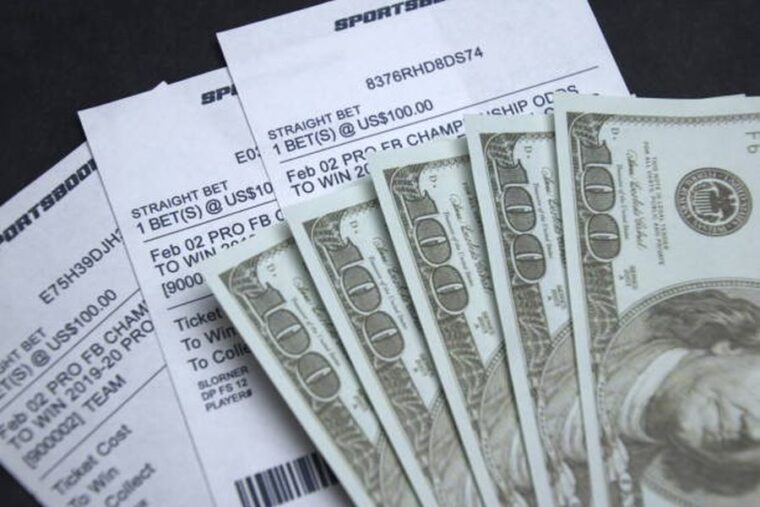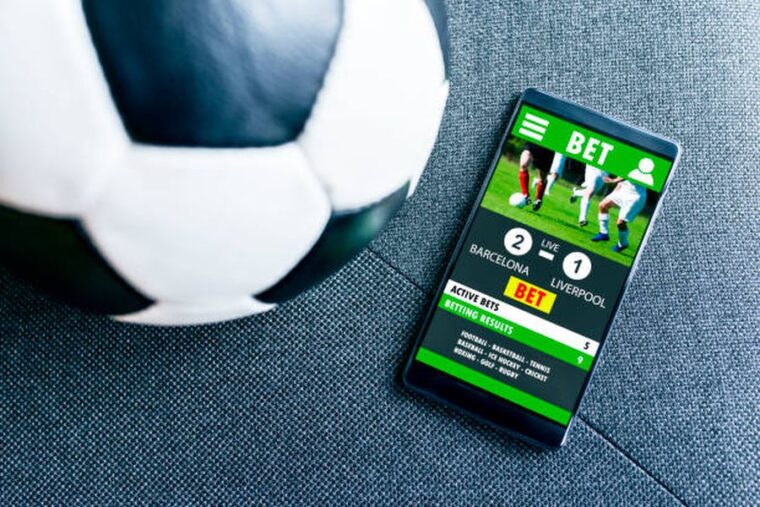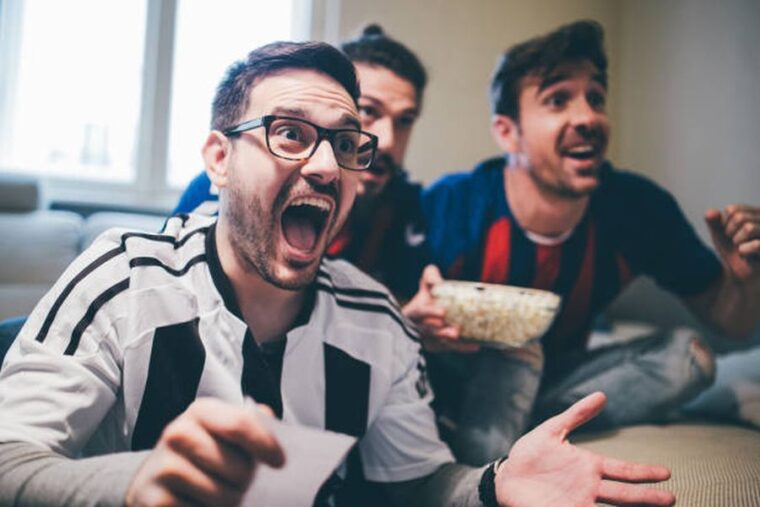Sports betting has been legal to some extent around the world for decades. The laws are always changing and evolving, but it’s forever been part of society in some shape or form. One of the things that’s most interesting about the betting industry is how technology has evolved over time.
A Change in the Way We Bet

Only 30 years ago you needed to go to a bookmaker’s shop on the high street, look at the odds and decide if you wanted to bet with them. If you wanted to compare odds, the only way was simply to walk to the next closest shop to see what their odds for the same event were. Fast-forward to 2024 and you’re able to have multiple tabs open and compare bets in real-time. Websites exist simply to keep track of which bookmakers are offering the best odds and all of the details are updated in real-time.
The evolution of gambling to being online means more has changed than just betting odds – people can bet more quickly, on the move and at any time of the day. This has opened up the opportunities for betting companies to do more and offer more to their customers – bigger games, more variety and even bigger jackpots. This is why, for many people, having an understanding of betting odds is essential.
One recent addition to online betting has helped to bridge the gap between playing from the comfort of your own home and visiting a land-based casino. Many operators offer services, like the live online casinos found at GamblingDeals, meant to give the authentic feel from the comfort of home – these are often set up in studios in an effort to give players the impression it is being played out in an actual casino. This helps those that miss the feeling of being able to visit a land-based venue feel more involved, but with the added bonus that they can do this any time of the day and don’t need to leave the house in order to experience it, no wonder it’s proving so popular.
Calculating Betting Odds

Calculating odds is a long and complicated process, that these days is automated by computers using drawn-out algorithms. On the most basic level, the odds account for the likelihood of something happening as well as something not happening – this number is then expressed in a fraction of decimal. To calculate the odds, bookmakers will first take a look at the data – traditionally this was done by hiring expert analysts and traders, but this is done more frequently by computer now.
Each odds calculation takes into account the cash projection, in order to help bookmakers work out what they would have to pay out if someone wins and how much profit they would still be able to make on the people that had a losing bet. The bookmakers need to calculate how much money they would make or give away for each outcome.
Finally, the bookmakers work in a margin, and this is why you usually find that odds vary between different sportsbooks. Effectively, if the odds work out to be 5.0, bookmakers will adjust them slightly to take a cut. Instead of winning £50 if you bet £10, they might offer 4.7 to take a 0.3 cut. The most generous bookies have a margin of around 3-5% – land-based bookies usually have a slightly higher margin to account for having more expenses.
While calculating the odds every few hours or even every day was fine before the internet, it often meant that punters would miss out on an even better deal or bookmakers would potentially miss out on some profit by not updating the odds fast enough. This is why a new system was needed that could update the odds faster.
What Effects Betting Odds?

First of all, it’s important to understand that odds change because of two things. The first reason is because of things that are happening in the real world – you see particularly volatile odds or in-play bets because every time something happens the odds are shifted. Secondly, odds might change because of updated cash projections or bookies deciding to take an increased cut. But how do they calculate and update the odds so quickly?
Impressively, in-play odds (or running odds as they’re known in the business) are created by a team of humans. These people are expert traders and analysts, and their whole goal is to minimise loss and maximise revenue. The analysts work in conjunction with computers to create a “point spread” and will calculate the odds based off of what the human has input. It’s almost impossible to find out what the analysts put into the computers to calculate the odds because they don’t want customers to be able to calculate their own odds and know what the margin is. It’s likely that the odds are calculated by including what the competitor’s odds are, details about the game, and the original cash flow and margin calculations that the experts did. This is why you can sometimes take advantage of error odds – where the analyst has calculated incorrectly, resulting in the computer’s calculations also being wrong.
Learning More About Odds

The truth is that odds are calculated in different ways depending on the platform you use and the methods they choose. You might find that a betting platform you choose to use never release their secrets when it comes to how they calculate their odds. Instead, you need to do your own research and spend time reading up on the event you’re interested in placing a bet on to ensure that you bet at the best possible time – giving you the maximum chance of success.
Realistically, there are a huge number of factors that go into calculating odds and it’s surprising to know that even in-play odds are partially calculated by humans. The true methods might be trade secrets, but it’s still fascinating to learn more about.
